New Delhi: Union Minister for Communications Jyotiraditya Scindia on 17 December defended the government’s decision to allocate satellite spectrum through administrative means, citing technical feasibility and global practices. The clarification came after concerns were raised about the policy’s impact on transparency and revenue.
The discussion began following a Lok Sabha question on 4 December regarding the decision to assign satellite spectrum without auctions. Minister of State for Communications Dr Pemmasani Chandra Sekhar clarified in his response that the allocation process complies with the Telecommunications Act, 2023. He emphasized that the spectrum assigned administratively remains chargeable, contributes to government revenue, and aligns with international standards for satellite-based communication services.
Addressing the matter further on social media, Union Minister Scindia underscored the unique technical characteristics of the satellite spectrum, particularly in the Ku (14 GHz) and Ka (27.1–31 GHz) bands, which make auctions impractical. “Satellite spectrum cannot be auctioned due to technical and operational reasons, as I recently explained at a public forum. This distinction is codified in Schedule 1 of the Telecommunications Act 2023,” Scindia stated.
He further explained that the satellite spectrum is inherently shareable and underutilized, adding, “Failing to allocate it would result in potential loss of government revenue and missed opportunities to advance technologically, especially in bridging the digital divide.”
Scindia also highlighted that India’s approach aligns with global norms. “No country in the world currently auctions satellite spectrum,” he asserted, reiterating that the policy prioritizes technological advancement and economic opportunities.
The clarification comes amid a growing focus on satellite-based communication as a key enabler for India’s digital infrastructure goals. The government’s stance aims to ensure efficient spectrum utilization while fostering innovation and connectivity across the country.
It should be noted that the Union Minister clarified earlier in October, stating that the spectrum will be allocated administratively and the Telecom Regulatory Authority of India (TRAI) will determine the pricing strategy; India will not be doing anything different from what other countries follow. He mentioned that if India decides to auction, then “it will be doing something different from the rest of the world”.
However, it is also believed that satellite services in India will grow 36% a year to reach $1.9 billion by 2030.
Also Read –
Government Highlights India’s 10-Year Telecom Transformation at WTSA & India Mobile Congress





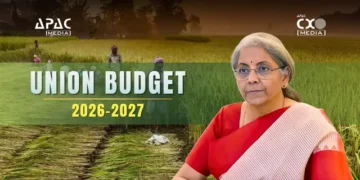




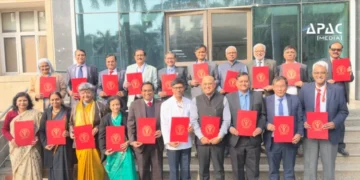














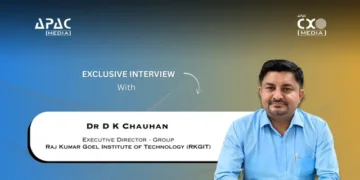

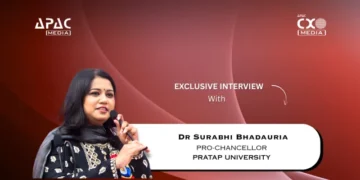
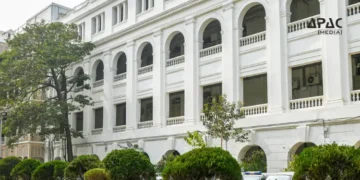










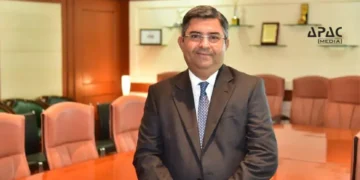






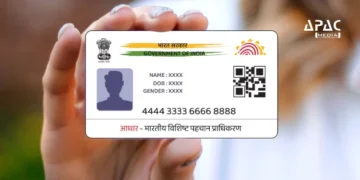
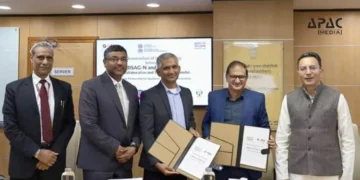











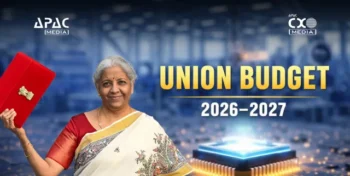







Discussion about this post